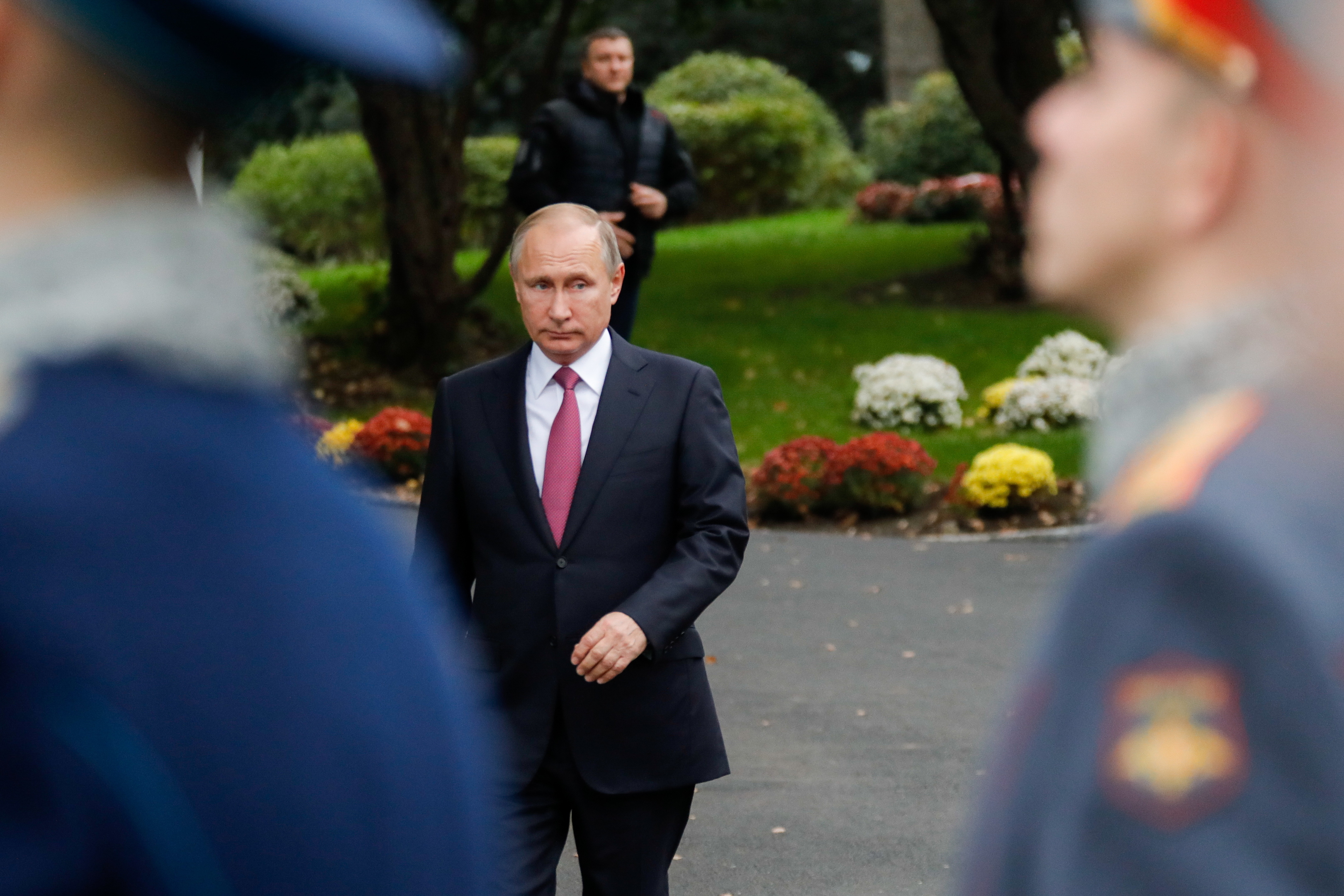
ALMOST 400,000 Twitter messages about Scottish independence were posted by fake accounts in 18 months, we can reveal.
Researchers have discovered hundreds of automated accounts – so-called Twitter bots – have been pumping out messages about independence issues.
Experts yesterday said it was likely many, if not most, of the bots were linked to Russian attempts to disrupt democracy in Western Europe.
Spikes in activity from the computer-generated social media accounts coincided with major Scottish events, including Nicola Sturgeon announcing plans to hold a second independence referendum.
We can reveal the Scots-related tweets just days after two separate studies suggested Russian-controlled Twitter accounts posted thousands of pro-Brexit messages before last year’s EU referendum.
Researchers at Swansea University last week unveiled research which claimed thousands of suspect Russian accounts tweeting extensively about Brexit in the run-up to last year’s vote.
The Sunday Post asked the academics to investigate their extensive database of tweets for posts about Scottish politics.
They found that between May 24 last year and September 24 this year, there were a total of are 2,284,746 tweets containing at least one of the following keywords; “scotland”, “scottish”, “sturgeon”, “indyref”, “scotref” and “snp”.
A total of 388,406 were messages sent by bots, according to researchers.
Sasha Talavera, professor in finance at Swansea University, said: “Like the work on Brexit and the US elections we carried out, this shows the influence of the bots in this area.”
The research saw huge spikes in activity from both humans and bots on two crunch days in the debate over the future of the UK.
The first was June 23, 2016 – the day of the Brexit vote – and March 13 this year, when Ms Sturgeon announced plans to stage a second independence referendum within two years.
The sample of tweets used by Swansea University was only for messages created by users who set English as their language and time constraints meant they were not able to identify the origin of the bot accounts.
A sample of the tweets from the most prolific bot-produced tweets on Scotland showed most messages had a pro-Brexit or pro-independence theme.
Ben Nimmo, of the Washington-based Atlantic Council’s digital forensic research lab, said: “It is entirely plausible these tweets came from Russia. We know the Scottish independence vote was divisive and the model deployed by the Russians is to target geo-political events around the world where they can encourage division.”
“Now in general terms, and for obvious reasons, the Kremlin isn’t keen on independence per se but the disruption would be appealing, not least the potential impact on NATO.”
Earlier this month a US senator claimed Russian cyber operatives are “setting up shop” in Scotland to try to stir up support for independence.
Kremlin-controlled media outlet Sputnik News opened an office in Edinburgh last year and state-backed TV channel Russia Today is taking an interest in Scotland, hosting a chat show with Alex Salmond.
Earlier this month US Senator Angus King told a Washington hearing into Russian interference in last year’s US presidential election that Scotland was also on the Kremlin’s target list, with cyber operatives “setting up shop” in Scotland.
Russia has long denied it has interfered with the US election and British politics but has come under pressure for ‘troll factories’ in Russia creating false social media accounts.

Enjoy the convenience of having The Sunday Post delivered as a digital ePaper straight to your smartphone, tablet or computer.
Subscribe for only £5.49 a month and enjoy all the benefits of the printed paper as a digital replica.
Subscribe